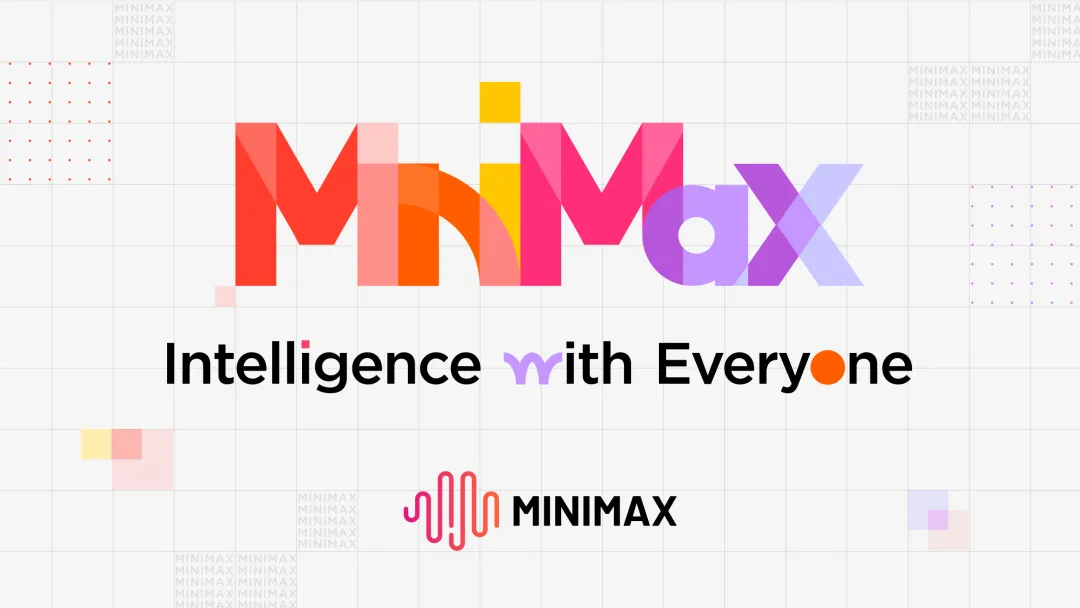Interleaved Thinking Unlocks Reliable MiniMax-M2 Agentic Capability
During the very early stage of developing M2, we discovered that interleaved thinking is important in both agentic and coding applications. Since most current models, apart from Anthropic Claude, do not fully support interleaved thinking, we believe it hasn't yet become a universal convention. From users' feedback, we've also noticed that interleaved thinking is sometimes not applied correctly in practice. To address this, we'd like to share our understanding on how to use it effectively across different API interfaces to achieve better results.
Why is Interleaved Thinking Important for M2?
In MiniMax-M2, interleaved CoT works most effectively when prior‑round reasoning is preserved and fed back across turns. The model reasons between tool calls and carries forward plans, hypotheses, constraints, and intermediate conclusions — this accumulated state is the backbone of reliability. When prior state is dropped, cumulative understanding breaks down, state drift increases, self‑correction weakens, and planning degrades — especially on long‑horizon toolchains and run‑and‑fix loops.
Interleaved Thinking Implemented Correctly
Enabling Interleaved Thinking in MiniMax-M2
OpenAI-Compatible API :
Now, when calling the M2 model through the MiniMax OpenAI-Compatible API, you can experience:
-
A separate
reasoning_detailsfield: The model's reasoning process is returned in a separatereasoning_detailsfield, no longer mixed with thecontent. This makes the API structure cleaner and easier to parse. -
A complete chain of thought: Passing the
reasoning_detailsfield in subsequent requests ensures that the model maintains a complete chain of thought across multiple tool calls, leading to more accurate judgments and planning.
Code examples are available in the official guide.
Anthropic-Compatible API
The Anthropic API natively supports Interleaved Thinking. Simply append the model's complete output from each round (including thinking_blocks) to the messages history and send it to the API in subsequent requests.
For more details, please refer to the official guide.
Advancing Industry Standards for the Future of Agents
In addition to our official API platform support of interleaved thinking, we are helping partners such as OpenRouter, Ollama, Droid, Vercel, Cline to test and implement interleaved thinking correctly. Through helping our ecosystem partners, we aim to establish a unified protocol paradigm for widely supporting Interleaved Thinking among applications, OpenAI-Compatible APIs, and Anthropic-Compatible APIs — setting a foundation for the industry to build on. We believe that an open and unified standard will empower developers worldwide to easily build more capable, reliable AI agents, and foster a thriving AI ecosystem.
For partnership and collaboration, please do not hesitate to contact us at API@minimax.io.
Links- Anthropic's guidance on interleaved thinking: https://docs.claude.com/en/docs/build-with-claude/extended-thinking#interleaved-thinking
- OpenAI-Compatible API: https://platform.minimax.io/docs/guides/text-m2-function-call#openai-sdk
- Anthropic-Compatible API: https://platform.minimax.io/docs/guides/text-m2-function-call#anthropic-sdk
- MiniMax Official Open Platform: http://platform.minimax.io
Intelligence with Everyone!

